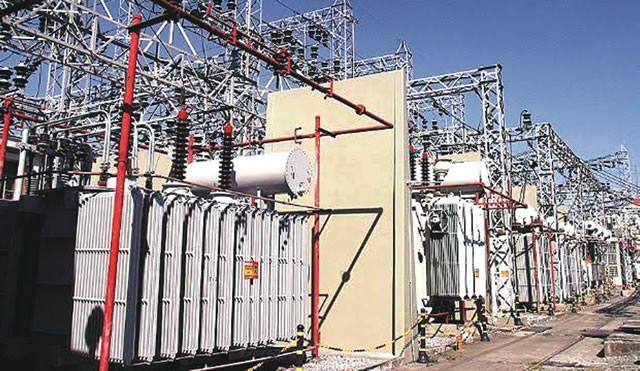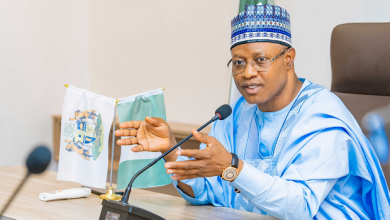Northern Blackout Crisis: Governors Demand Energy Diversification as Troops Deployed To Protect Infrastructure

The governors of 19 northern Nigerian states recently convened to address persistent blackouts affecting 17 states in the region, a situation severely impacting both daily life and economic activities. Only Niger and Kwara states have had some electricity; however, Kaduna, Kano, Jigawa, Gombe, and Katsina have faced the most severe outages. The blackout has been attributed to vandalism of critical transmission lines, specifically the 330kV Shiroro-Kaduna line, which supplies power to several northern states.
Governor Muhammadu Yahaya of Gombe, who chairs the Northern States Governors’ Forum, led a meeting with regional governors and traditional rulers, including the Sultan of Sokoto, Alhaji Sa’ad Abubakar III, and other prominent northern monarchs. The assembly in Kaduna called for the Federal Government’s immediate intervention, emphasizing the need to protect and diversify energy sources. A communiqué signed by Governor Yahaya highlighted the vulnerability of critical infrastructure and the urgent need to build additional transmission lines and explore alternative energy sources for greater resilience.
Prominent political figures also voiced their concerns. Rabi’u Musa Kwankwaso, a former presidential candidate, expressed disappointment over the extended blackout, which he described as “disheartening.” He urged governors to prioritize alternative power sources, pointing to his administration’s installation of two turbines in Kano as a practical model for reducing reliance on the national grid.
In response, President Bola Tinubu met with Minister of Power Adebayo Adelabu, directing him and relevant agencies to expedite repairs and restore power to affected states. Tinubu condemned the sabotage of power infrastructure, noting that such actions jeopardize national stability. He also instructed the National Security Adviser to coordinate with the Army and Air Force to protect engineers working on the repairs. The Federal Government announced a partnership with contractors and financiers to establish solar power projects, aiming to provide each northern state with a 50MW solar plant, thereby easing pressure on the national grid and leveraging the region’s abundant sunlight.
The situation underscores northern Nigeria’s pressing need for sustainable energy solutions, particularly given the frequent challenges to infrastructure and the rising cost of fossil fuels, which have worsened the crisis for residents and businesses alike.



